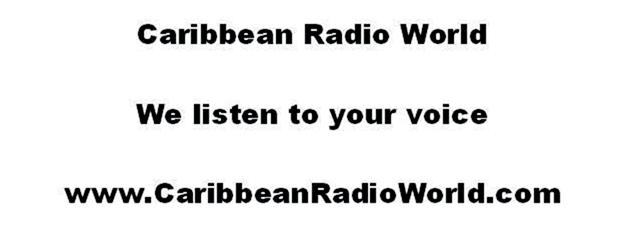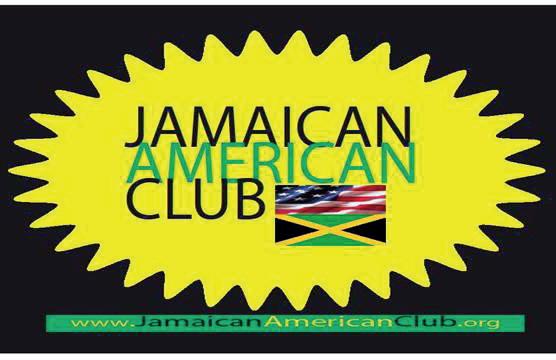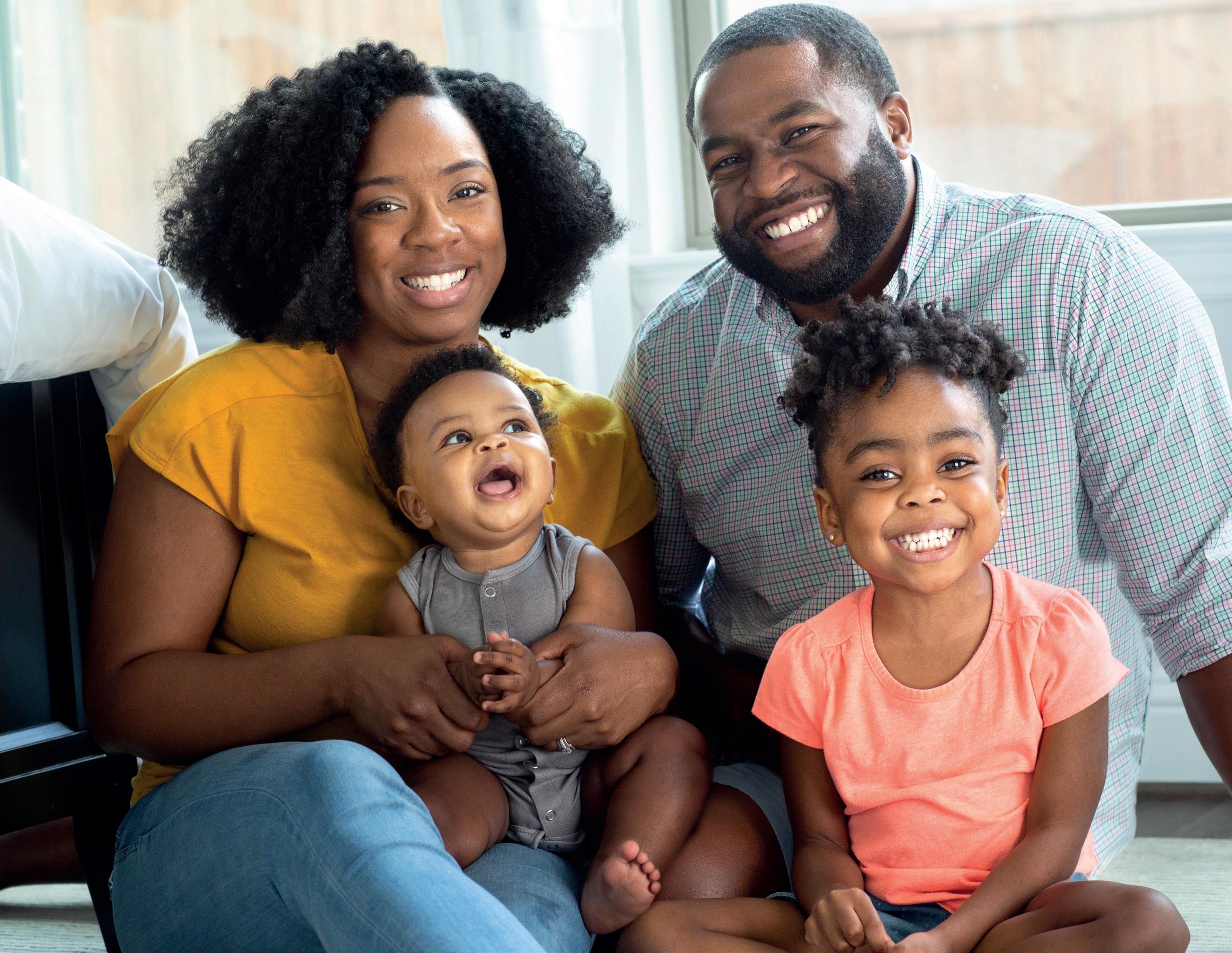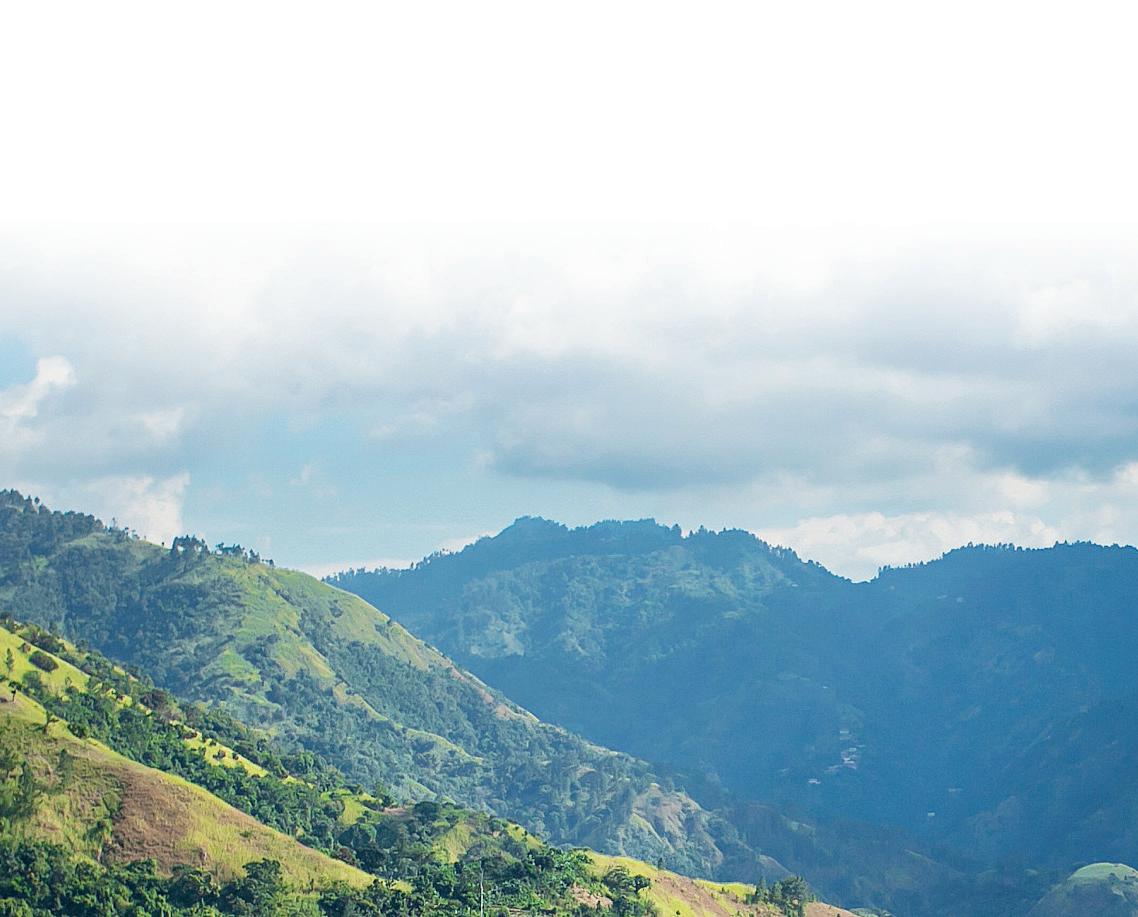
MENTAL HEALTH CRISIS AND THE DAMAGE DANCEHALL MUSIC HAVE DONE IN JAMAICA
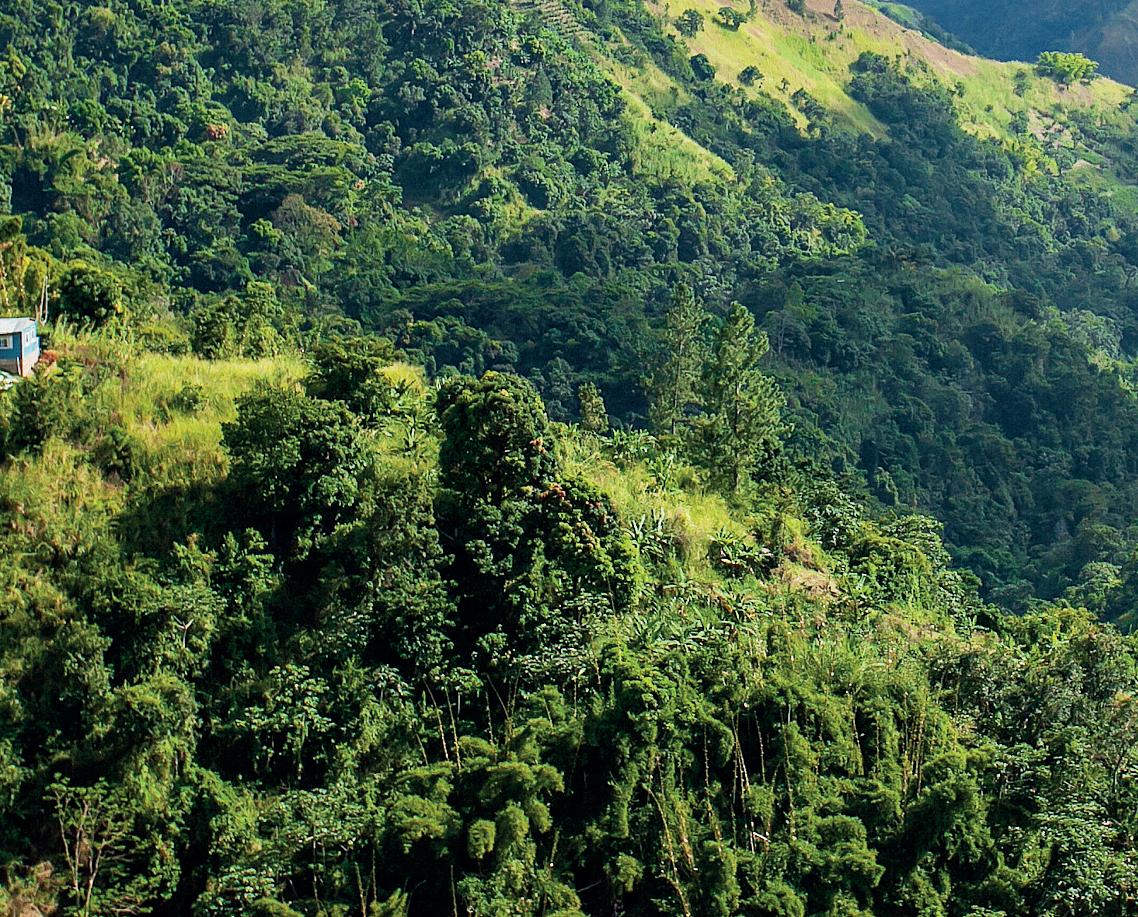
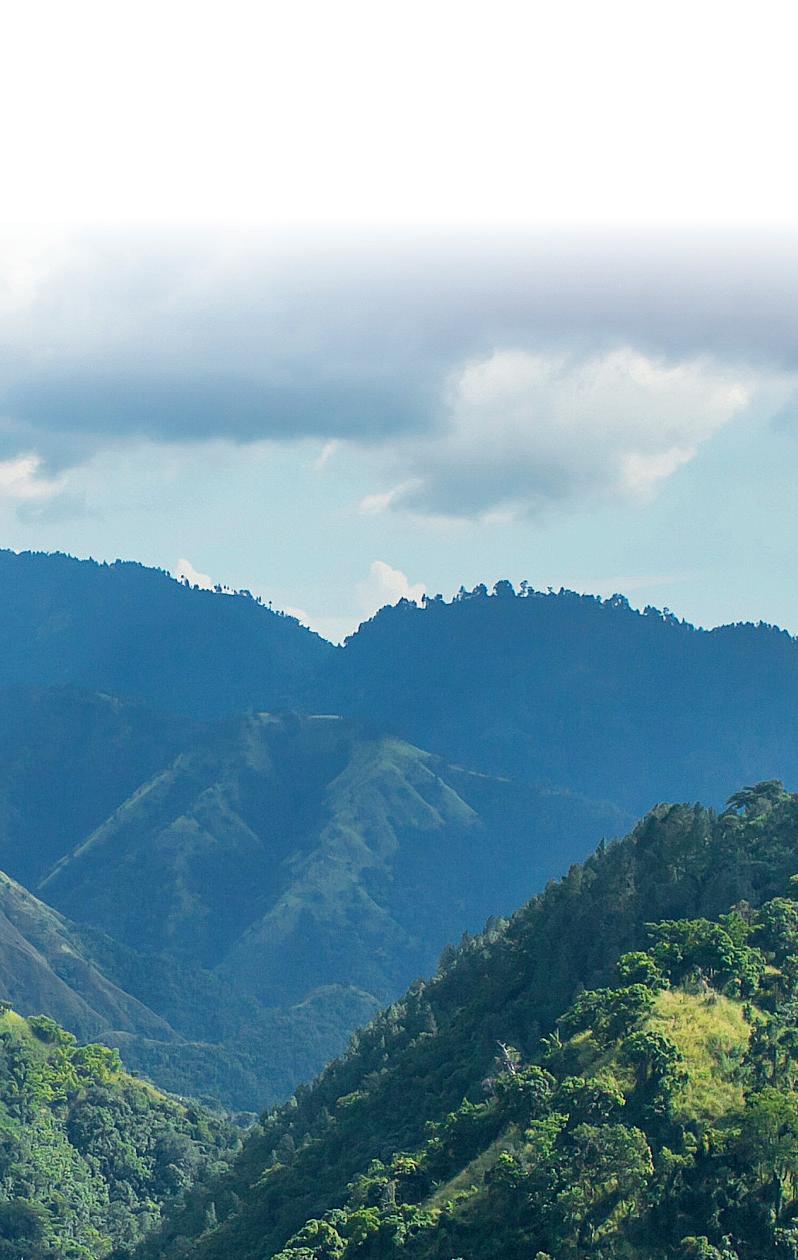
HEATING UP: CLIMATE CHANGE’S IMPACT ON THE CARIBBEAN
UNMASKING THE BARRIERS TO INTERGENERATIONAL PROSPERITY THE PLIGHT OF WOMEN OF COLOR


MENTAL HEALTH CRISIS AND THE DAMAGE DANCEHALL MUSIC HAVE DONE IN JAMAICA


HEATING UP: CLIMATE CHANGE’S IMPACT ON THE CARIBBEAN
UNMASKING THE BARRIERS TO INTERGENERATIONAL PROSPERITY THE PLIGHT OF WOMEN OF COLOR
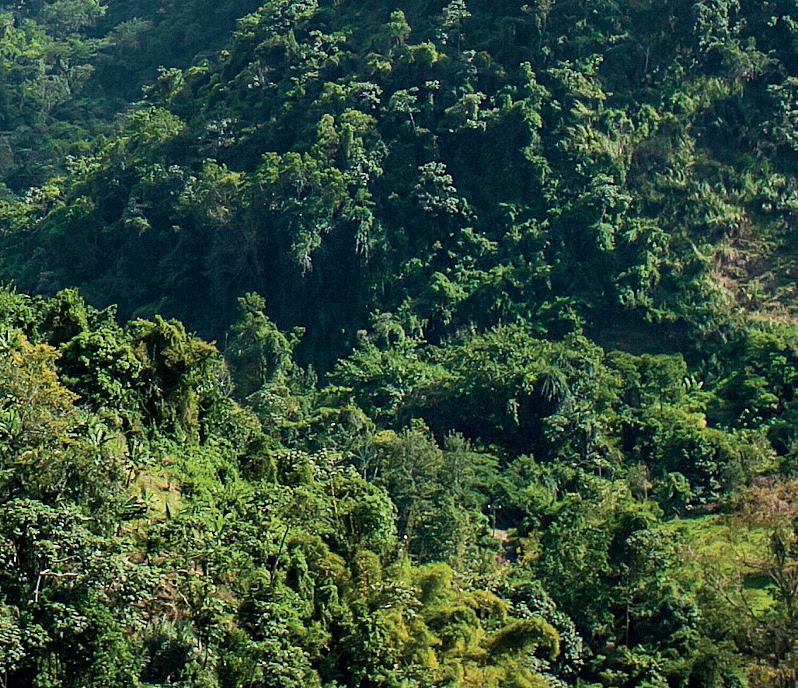


Our product is unique because this magazine targets Jamaican culture on the island and worldwide. This publication af�irms identity and builds community self-esteem. We will not only bring entertainment, but also provide information in areas of health, education, entrepreneur and environment.
If you would like to advertise, please contact us. We will promote your product or special event. By letting us know who or when your special day is, it prevents dual scheduling. The intention is to complement not compete; remember unity is strength.
Our publication contains articles from our advertisers and contribution writers. The goal is to share positive information. If you are interested in giving out your expertise or knowledge, let us know. Community involvement is the objective.

To contact us, visit www.JamaicanDiaspora.com Published by JK Productions

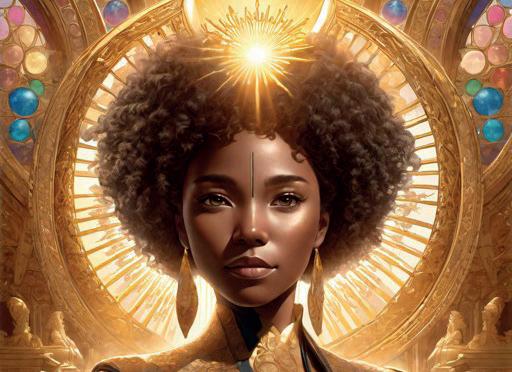

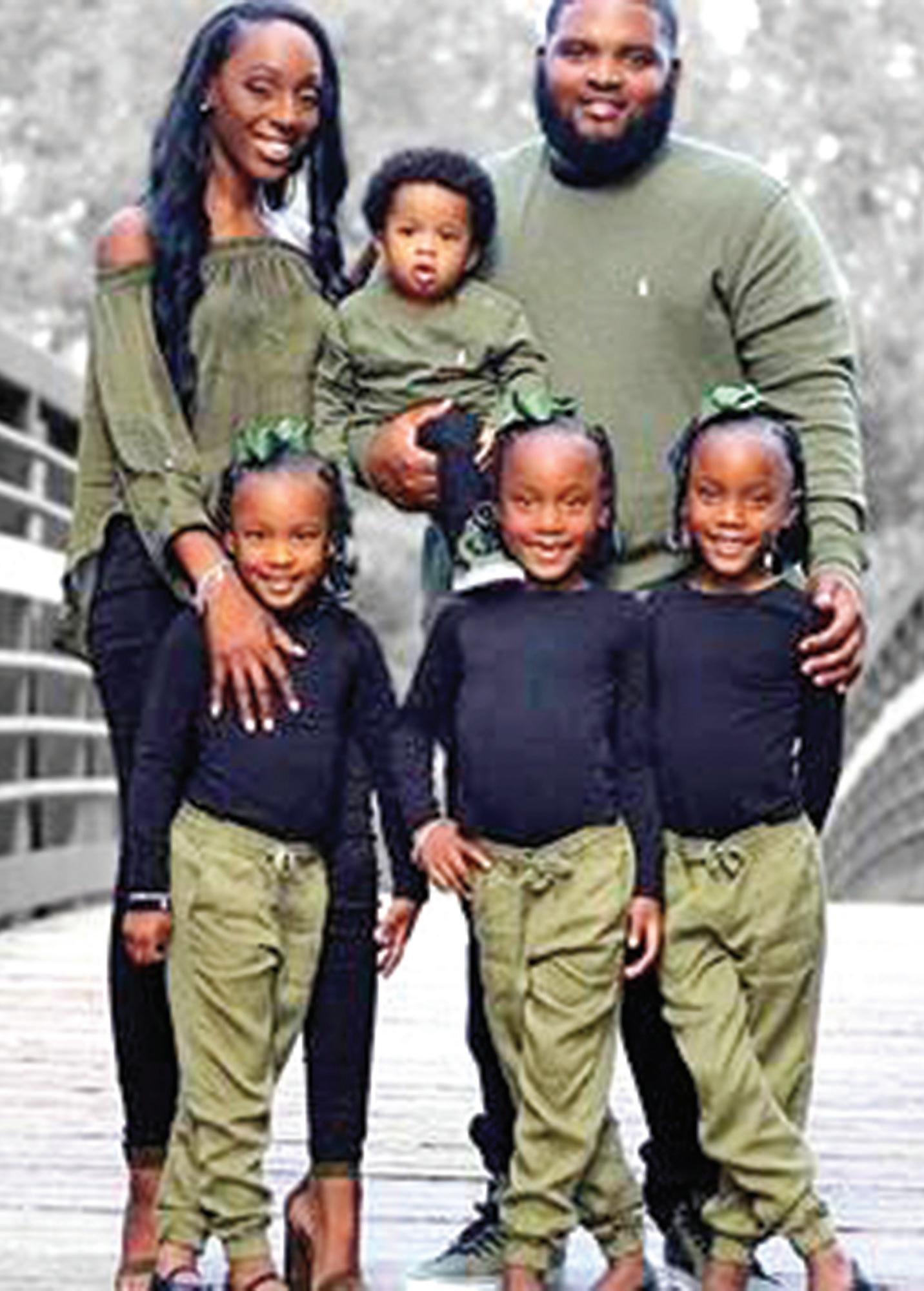
The human condition is energy. The creator is so wonderful that everything that is needed can be found here on earth. We are more connected than we think. Physical food is needed for survival but food is also needed for mental survival. To be a well-rounded person, consider these gems:
1. No matter how beautiful and handsome you are just remember that baboons and gorillas also attract tourist. Stop boasting!


2. No matter how big and strong you are, you will not carry yourself to your grave. Be Humble!

3. No matter how tall you are, you can never see to tomorrow. Be patient!
4. No matter how light skinned you are, you always need light in darkness. Take caution!
5. No matter how rich you are, you will always walk to bed. Be Contented!
Take life easy, is short.

 Janice K. Maxwell Editor in chief
Janice K. Maxwell Editor in chief

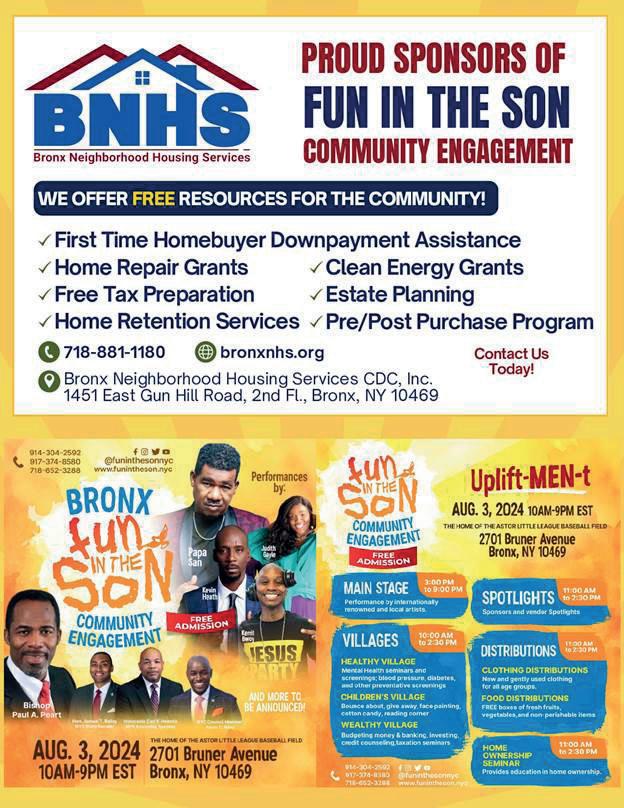
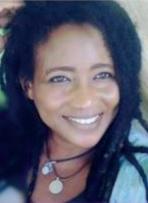

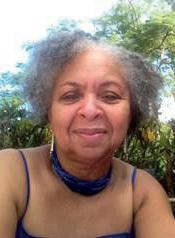



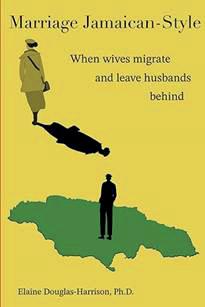


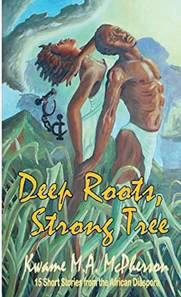









The Blue Mountains are the longest mountain range in Jamaica, which gives a blue mist appearance that covers the entire range. They include the island’s highest point at 2256 m (7402 ft). The summit is accessible via a walking track, both the north and south coasts of the island can be seen. On a clear day, one can see the outline of Cuba, 210 km (130 mi)





away. The mountain range spans four parishes: Portland, St. Thomas, St. Mary and St. Andrew.
Nature lovers won’t want to miss the Blue Mountains, which was named a UNESCO World Heritage site in 2015. If you’re a good hiker, make your way up the peak (the terrain gets more and more dif�icult the higher you climb).
Others may be happier just sipping the namesake Blue Mountain coffee at a local cafe. This is the region where Blue Mountain coffee is grown. This coffee bean known for its lack of bitterness, whose popularity and demand have exploded over the past decade. Blue Mountain coffee is one of the most expensive on the world market.
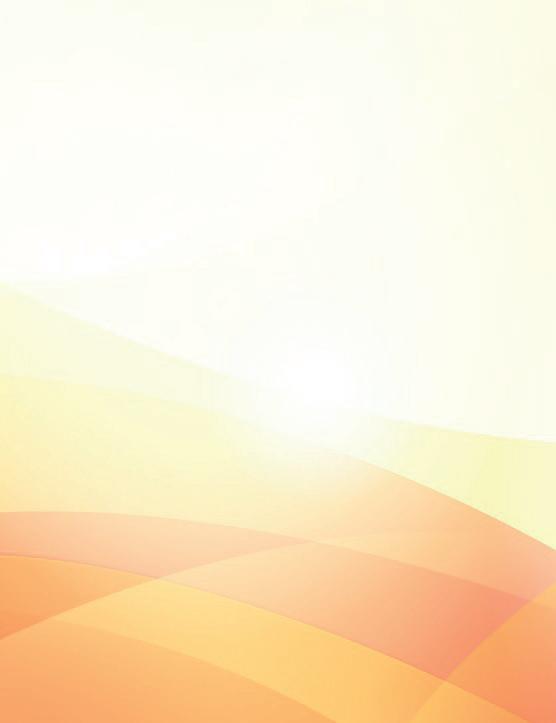


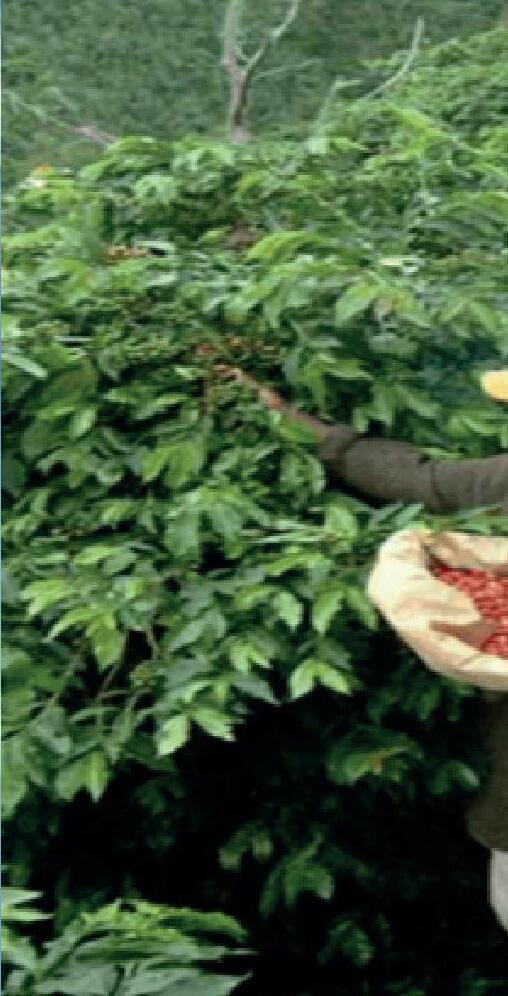


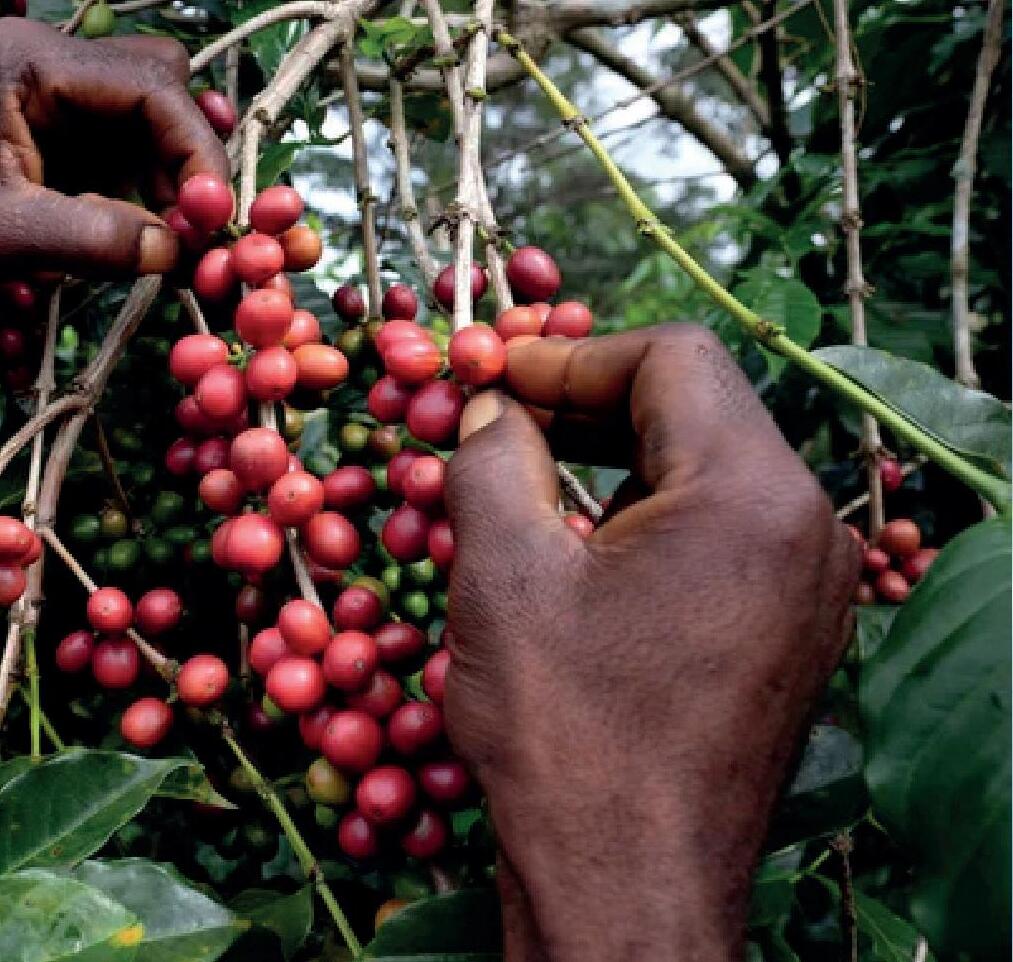


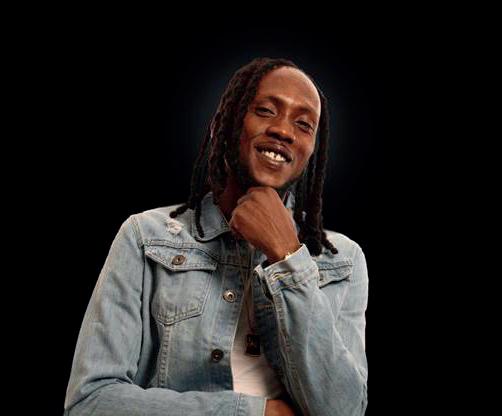


Carol Theresa East aka Sister Carol was born in Kingston, Jamaica. She was also known by other stage names such as Black Cinderella and Mother Culture. When she was 14, her family emigrated to Brooklyn, New York. Since her father was heavily involved in the music scene, this impacted Sister Carol. After earning a BA in education, the realization that being a teacher was not for her; therefore, she began to venture into the music world as a career. After winning competitions in New York and Jamaica, she toured with The Meditations, as well as other groups. Eventually, Sister Carol branched out to a solo career.

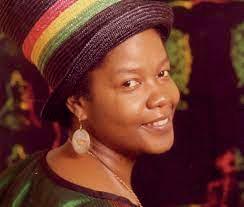

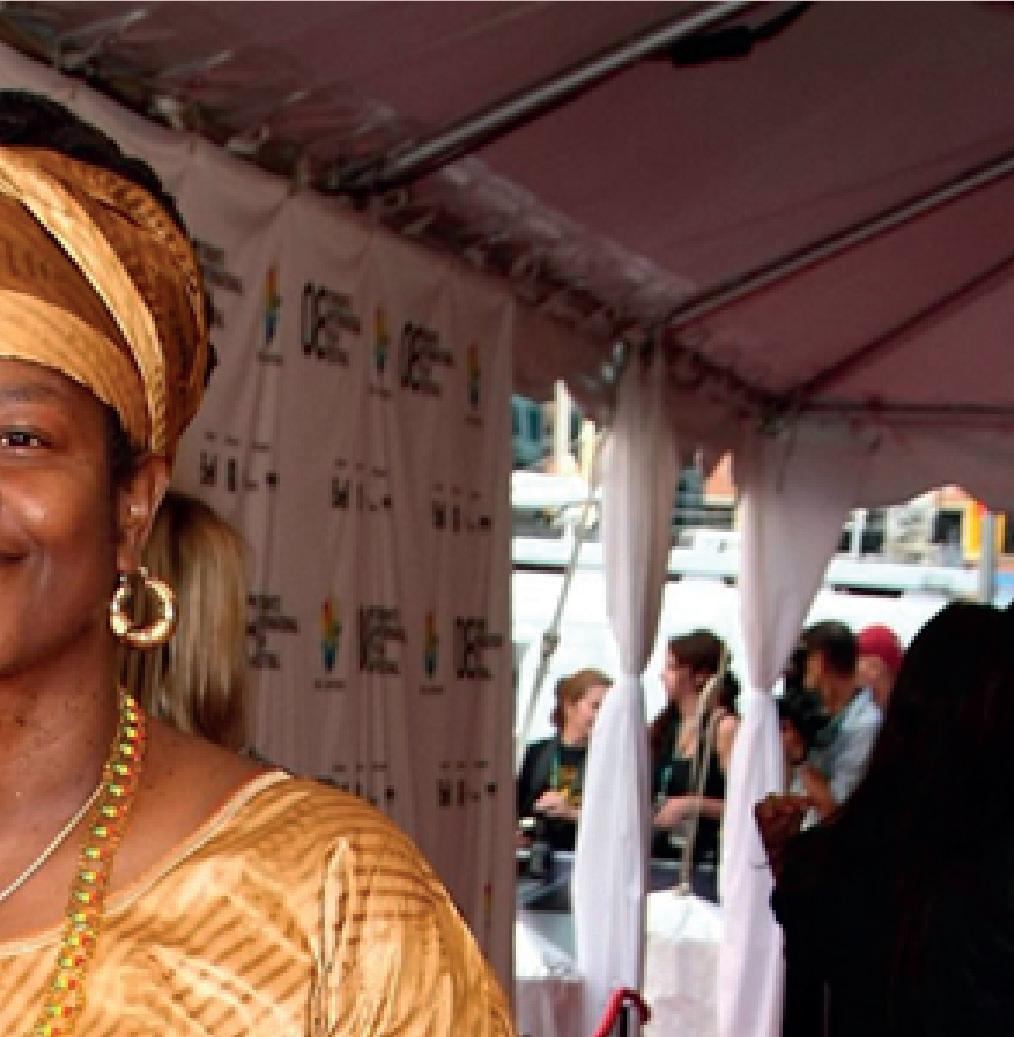

Ingredients
• 35 g (¼ cup) Raw peanuts
• 2 tbs Oats
• 250 ml (1 cup) Milk Source ( i.e. Supligen, Nutriment, coconut milk, nut milk)
• 60 ml (¼ cup) Condensed milk
• 131 ml (½ cup) 1 bottle of stout
• ½ tsp Vanilla extract
• ¼ tsp Nutmeg
• ⅛ tsp Ground cinnamon
Instructions
• Add all the ingredients to a blender and blend until smooth.
• Use strainer for a smoother taste
• Chill before serving, which can last for three days.
• This recipe serves two 8 oz glasses
Note: Leave out the stout to make the drink child friendly.

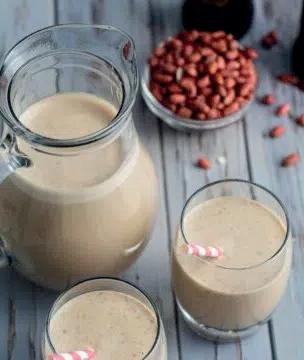
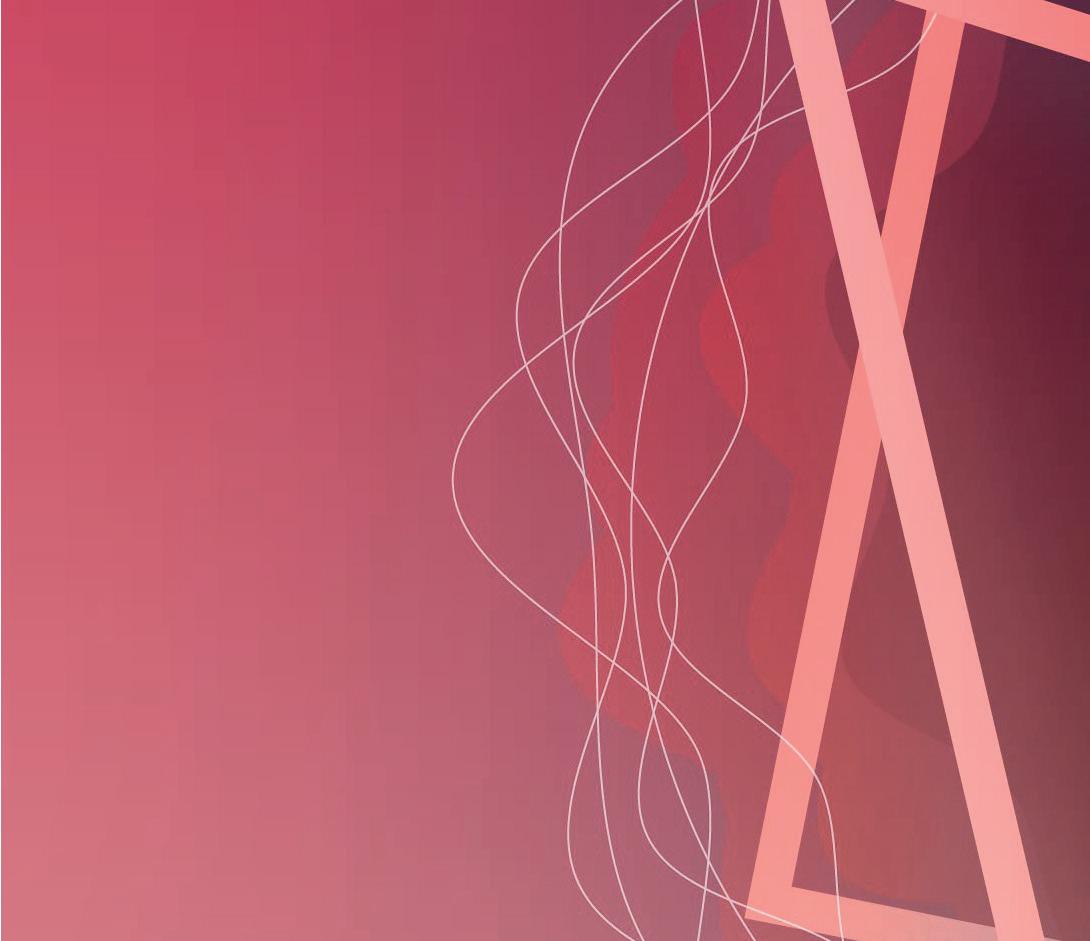





“Tap de crying! Yu a girl?” This is the biggest insult you can pay a Jamaican boy, even if he is in physical pain or his heart is breaking. He carries this fear of being considered “a girl” into manhood: a man I know recently became suddenly very ill at night, and the only reason he did not drive himself to the hospital was because he was too weak. When he �inally

called someone to drive him to the hospital, he lost consciousness. Fortunately, they were able to revive him.


Where does this sense of masculinity come from, and does it serve the Jamaican male? If it does not, when and how will he accept this fact, and will he be

willing or able to change?
Much as slavery is now in the distant past, we cannot discuss Jamaican mores without discussing how Caribbean people came to be. Their African slave ancestors were groomed to be heartless, since family relationships were routinely severed when intimate partners and children were sold off to different plantations. Men, in particular, were groomed to be rough and tough, and sexually promiscuous. In a 2005 article, “Compulsive Sexual Behavior,” in the Flair supplement of the Monday Daily Gleaner, marriage and family therapist Dr. Sidney McGill discusses this “hypersexuality” of the Jamaican male:

His sexual prowess and frequency are directly proportional to his self-esteem and positive image of masculinity: less so on his ability to commit himself to a long-term relationship and the responsibilities involved.
Declaring that this attitude is pathological, he continues:
Successful treatment is possible, but will depend on a strong desire to regain control of your sexual self and rearrange your life for greater meaning and purpose.
My Ph.D. sociology dissertation began as a study of migration, a look at wives who emigrate and leave





their husbands behind in Jamaica, continuing to live this way, without divorce, for ten, twenty, even thirty years. I wanted to see if either spouse had any regret, and to see how the adult children involved viewed these marriages. To my surprise, I quickly became more interested in the marriages themselves than in the migration experience, hence the publishing of my recent book, Marriage Jamaican Style, available by email to bookedh@yahoo.com and from Amazon.
All of my interviewees – female and male, wives, husbands, and adult children – seemed to long for “more caring” relationships, to quote one interviewee. Tanya Stephens’ 2011 song, “Do You Still Care,” neatly summarizes the Jamaican man’s dilemma:
Where Bigga grew up, Boys were supposed to be tough, Girls were trophies every man Always kept a few of When he was hurt
And the tears would sting his eyes, His mother said, “Stop the noise! Yuh a girl?
Real boys don’t cry.”
He learned in order to be a man He had to know how to �ight And had some very de�initive rules About what’s wrong or right, He never had the luxury of being Able to choose ….

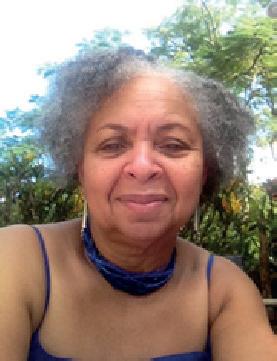




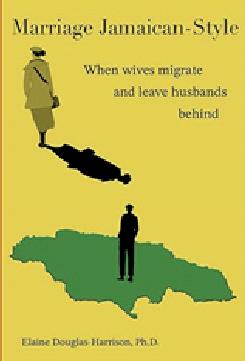

 Written by Dr. Elaine Douglas-Harris
Written by Dr. Elaine Douglas-Harris






As the world grapples with the undeniable reality of climate change, the Caribbean region stands at the forefront of its devastating effects. From rising temperatures to increasingly frequent and severe weather events, the islands of the Caribbean are experiencing the tangible impacts of a warming planet. But what exactly does this mean for the future of these nations, and what steps can be taken to mitigate the damage? The Caribbean, with its idyllic beaches, lush landscapes, and vibrant cultures, has long been a sought-after destination for tourists from around the globe.
However, beneath its surface beauty lies a region


uniquely vulnerable to the effects of climate change. Rising sea levels threaten coastal communities, while more frequent and intense hurricanes wreak havoc on infrastructure and livelihoods. The warming of ocean waters contributes to coral bleaching, endangering marine ecosystems and the tourism industry that relies on them. Additionally, shifts in rainfall patterns jeopardize agricultural production, food security, and freshwater resources.
Recent years have seen a signi�icant uptick in temperatures across the Caribbean, with heatwaves becoming more common and lasting longer. These rising temperatures exacerbate existing challenges


and pose new threats to human health, particularly for vulnerable populations such as the elderly and those with pre-existing medical conditions. Heatrelated illnesses and fatalities will continue to rise, placing additional strain on healthcare systems. The future of the Caribbean hangs in the balance as climate change continues to escalate.
Without urgent action to curb greenhouse gas emissions and adapt to changing conditions, the region faces a perilous road ahead. However, there is hope on the horizon. Governments,

communities, and organizations across the Caribbean are increasingly recognizing the urgent need for climate action and resilience-building measures. Mitigating the effects of climate change requires a multifaceted approach.
In addition to reducing greenhouse gas emissions, it is crucial to invest in measures that enhance resilience and prepare communities for the inevitable impacts of a changing climate. This includes implementing nature-based solutions such as reforestation and ecosystem restoration to sequester

carbon and protect against natural disasters. Furthermore, sustainable urban planning and infrastructure development can help minimize the vulnerability of coastal areas to sea-level rise and �looding. By prioritizing climate-resilient practices and fostering innovation, the Caribbean can chart a course towards a more sustainable and resilient future for generations to come.
Investments in renewable energy, such as solar and wind power, offer a promising pathway towards reducing carbon emissions and





increasing energy independence. Sustainable land management practices can help mitigate the impacts of drought, flooding and erosion, safeguarding agricultural productivity and natural resources. Coastal protection initiatives, such as mangrove restoration and the construction of sea walls, aim to shield vulnerable communities from the ravages of rising seas and storm surges. Education and awareness-raising efforts play a crucial role in empowering individuals and communities to take action against climate change.
By fostering a culture of environmental stewardship and resilience, the Caribbean can forge
a path towards a more sustainable and prosperous future. Ultimately, the fate of the Caribbean hinges on global cooperation and collective action to address the root causes of climate change. As the world comes
together to confront this existential threat, the Caribbean must demonstrate the power of unity in the face of adversity in order to secure a brighter tomorrow for generations to come.



 By: Dr. Karla Hylton
By: Dr. Karla Hylton

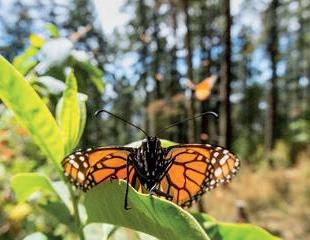











As a passionate Mental Health Advocate and a natural spiritually gifted person I had made it my point of duty to try my best to erase the ego from my life in order to see things more clearly and to understand my life, myself, the world and human behavior better which allows me to share my thoughts and express myself honestly, sincerely, respectfully and humbly without pride and distort which is I will be doing in the next few lines.






As a once product of the dancehall at a young age in my past I can assure you that 80% of the traumas I experienced in my life was because of being exposed to and indulgent in the dancehall and dancehall music. With this being said I want to make it known that I am not completely against dancehall music because I am a recording artist myself and have recorded multiple song before with dancehall tempo and style, however I am 100% against dancehall music that promotes violence and exploitation against women and youths overall, I am totally and utterly against derogatory music. Music is a spiritual thing that carries frequencies and energies that can manipulate how a person feel and think, especially a spiritually unconscious, naïve, immature, illiterate or traumatized.

and caring mental health advocate I understand that majority of these nature dancehall songs are birthed out of pain, trauma, anger, hate, vengeance, rejection, resentment, depression, anxiety, hunger, brokenness, etc.



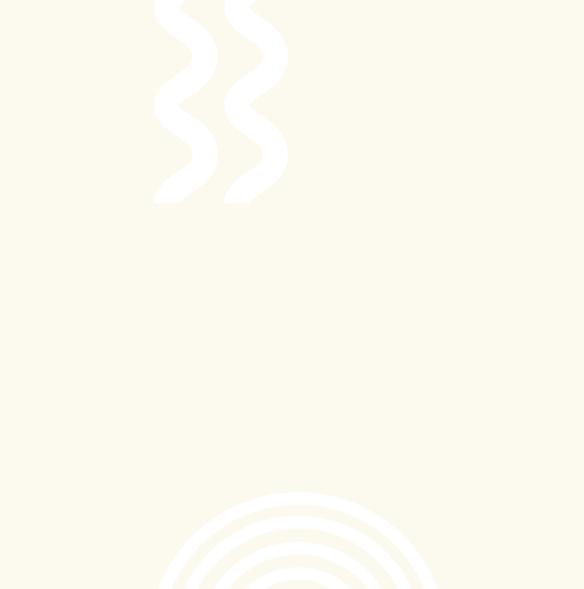
The dancehall industry in Jamaica have taught and encouraged young people/ youths to glorify lewdness, sexual immorality, violence of every sort, substance abuse, addiction, demoralization, ego centered lifestyle, gold digging, gangster lifestyle, war, hate, evil, just to name a few and this have done MUCH damage in our society and within our nation. It has created sexual molestation, child abuse, crimes, broken families and traumatized children, youths and even parents in our society and country which have led to more mental disorders than you can imagine. While derogatory dancehall music and its industry is not the only cause of mental disorders and havoc in our society, it is a major contributing factor and even though I might not break it down in this article, I will break it down in interviews and documentaries and also on my YouTube channel @Victory Ho-Sang TV. At the same time, I understand why this type of music is the way it is and as a passionate

All that I have expressed here is not to belittle or hate on those who do these types of music or indulge and encourage these lifestyles but rather to bring light to this demonic and very dangerous darkness that have brought terror to sweet Jamaica making it becoming rapidly sour. I myself have been through much trauma which have led to anxiety disorder, manic depression, post-traumatic stress disorder, addiction, torment and innerturmoil. For many years of my life, I suffered very deeply in silence and felt like I was on a lonely, dark dusty road. I came very close to a nervous breakdown multiple times in my life and it was my spirituality/spiritual lifestyle and practices (not religion but rather spirituality) and my faith in “The Source from Which Created Me” The Creator of Creation that kept me and hence I started my healing journey.


a never-ending process somewhat and one must get rid of the ego in order to stay on this journey because the ego does not want you free, it wants you in bondage. I pray and hope for all who are out there struggling, hurting and suffering in silence to make a choice to take a chance to make a change in your life and do whatever it takes to start your healing journey and no matter what your healing journey is as all our healing journeys are different, don’t forget to meditate and pray. May peace, love, healing and light be with you all. One Love, God bless you all. NAMASTE. “I Am Victory”

Healing and transformation are




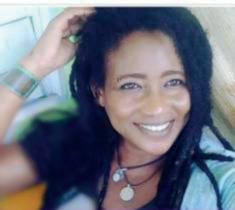

 Written by Nicole Victory Ho-Sang-Richards
Written by Nicole Victory Ho-Sang-Richards
(most popularly known as “Victory” Mental Health Advocate).

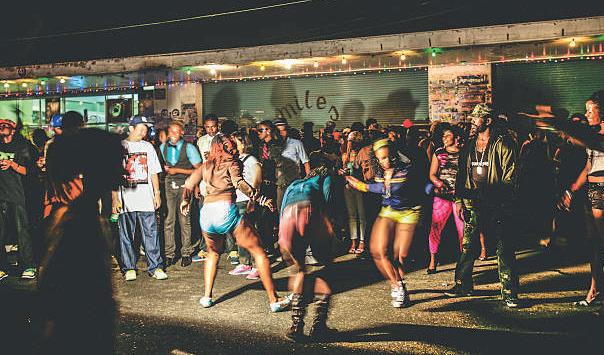






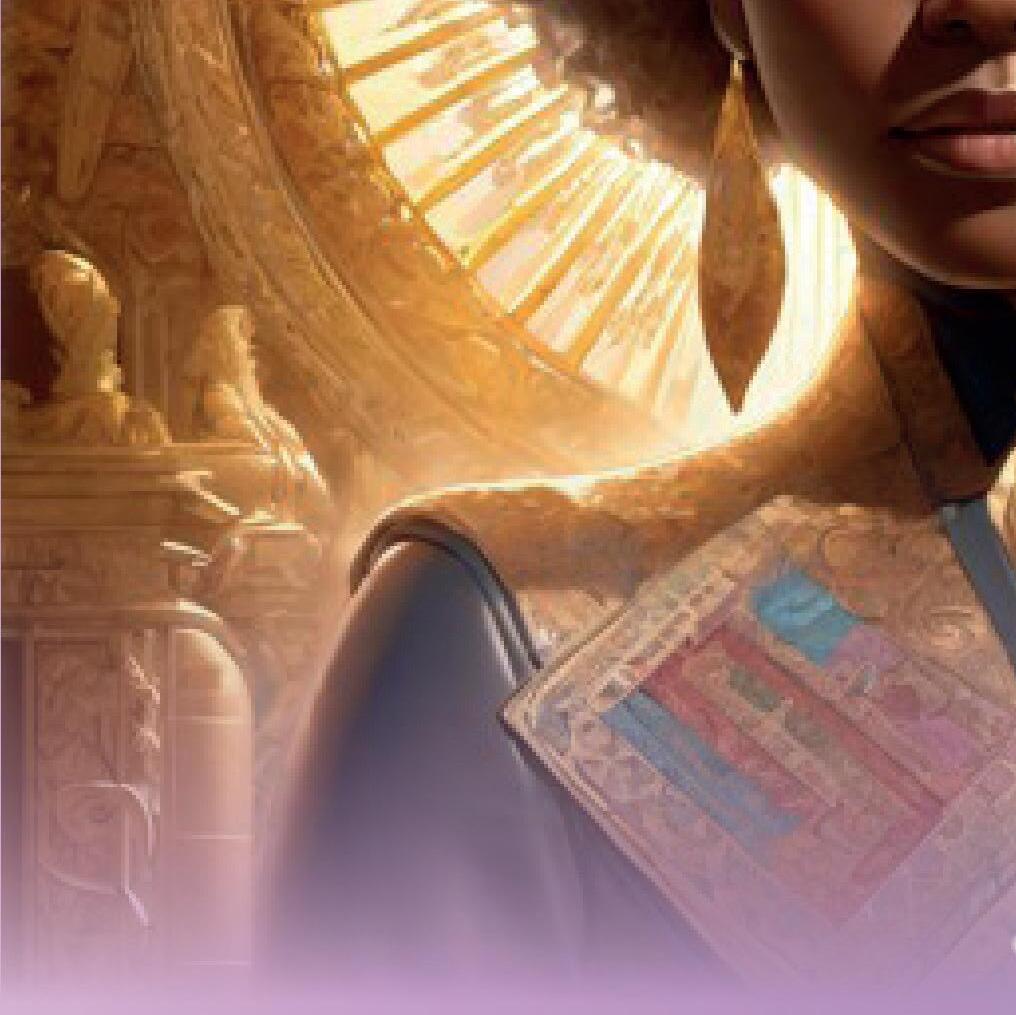
Already experiencing a double consciousness in their daily encounters, professional Black women show a phenomenal strength which needs to be nurtured. Found in both the corporate and public sectors, they serve at the Governing and Board levels as well as in the Operating and Ownership arenas. However, as Fig.1 below shows using the USA as an example, they are seriously under-represented in senior leadership.
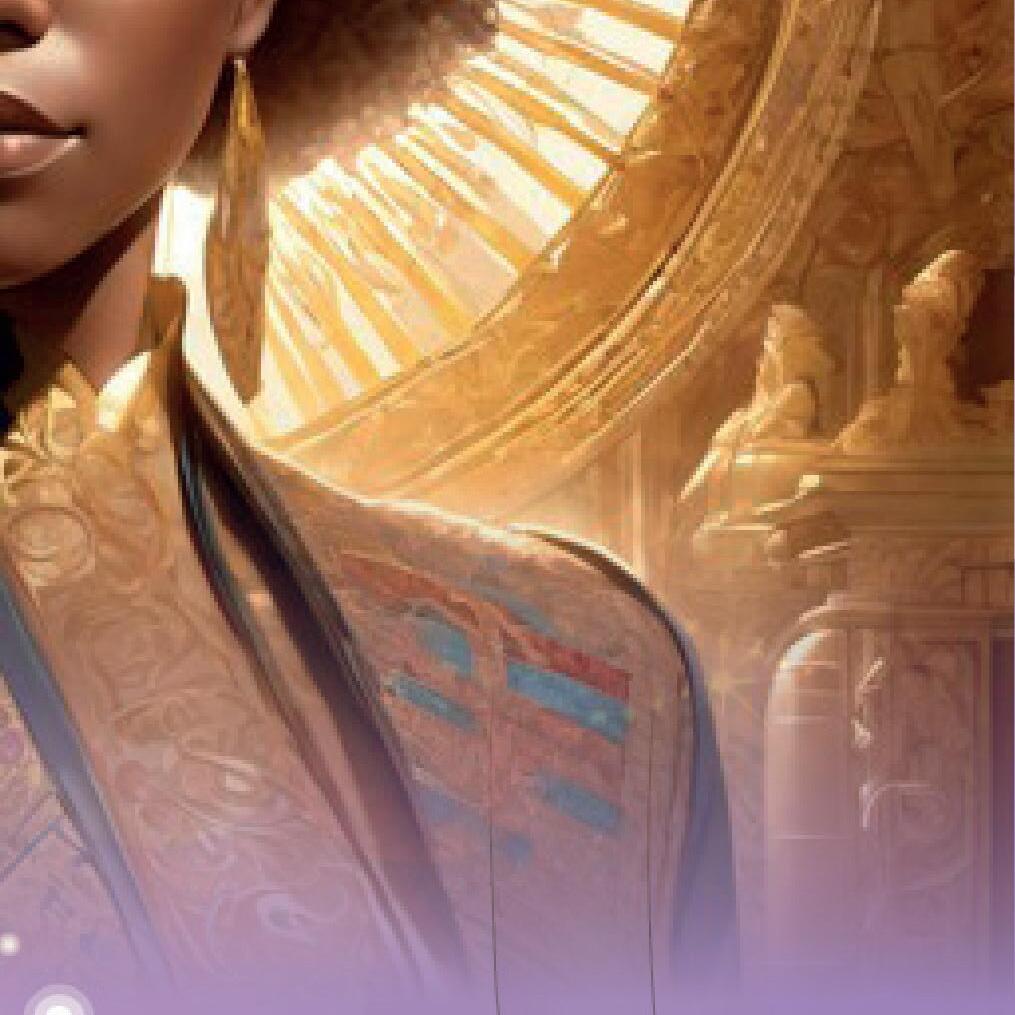


Clearly, both individualized and systemic growth are prime concerns for these women. The daily realities which they face are barriers to intergenerational prosperity. These barriers are deeply rooted in historic, socioeconomic, and systemic factors. They serve to restrict access to opportunities, resources, and wealth accumulation.
We are familiar with three major areas around which present day dialogue revolves.
1. National post-emancipation economic policies which exacerbate rather than ameliorate intergenerational trauma.
2. Historic limited access to education; restricted occupational opportunities;






Source: https://leanin.org/research/state-of-black-women-in-corporate-america/section-1-representation
and lack of access to capital and �inancial services.
3. Personal/professional discrimination based on ethnicity, color and gender.
As we feel these relentless attacks on our person and our communities, overcoming these barriers is demonstrably a mammoth task. Global Innovation Mastermind (GIM), is examining four ways to effectuate this unshackling in the lives of professional Black women:
1 Providing supportive networks, mentoring, and skill-building programs to assist Black women in their careers.
2 Encouraging persistence in women such that they “stay the
course” in their chosen careers and not give up on their dreams. Bolstering support for women who are struggling with balancing work and family with in-house training will increase confidence and self-esteem.
3 Promoting a culture of inclusion by valuing differences thereby making way for more women in leadership positions. This will provide a re�lective mirror through which Black women can see themselves in positions of power and authority.
4 The media is replete with the concept of life coaches. It is growing in popularity as people seek help with managing various aspects of their lives. Individuals desire to have the


ear of someone who will listen, support and encourage personal growth. Life-coaches do more than simply listen. They:
• introduce new ways of conceptualizing and managing these life challenges.
• strive to build the capabilities of women in areas ranging from the personal, such as self-care and management of �inances; to the professional such as career development and stewardship of corporate �inances.
Have you begun to think about the next goal that must be achieved, whether personal/relational or professional? How can we arm ourselves with the strategies, skills, thinking and passion ie. a new courageous con�idence.


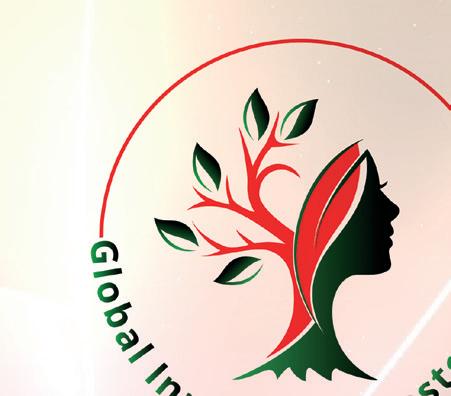




Professional women of color worldwide are increasingly becoming leaders in various industries and sectors. Against this backdrop, they face unique challenges that o�en hinder their progress towards career breakthroughs and establishing a sustainable financial future.
In examining the sta�s�cs, Global Innova�ve Mastermind, GIM, has chosen to focus on the Caribbean; a region rich in culture, diversity and resilience; where women of Caribbean heritage throughout the Diaspora, have consistently demonstrated their strength and determina�on in the face of adversity.
Pioneers such as Grace Jones (decades of influence); U.S Rep. Yve�e Clarke; upcoming scien�st Jerelle Joseph;track star Shelly-Ann Fraser Pryce; and Fenty originator, Rihanna; have each proac�vely undertaken unique ini�a�ves while leveraging their strengths. We see them as living examples of women with self-determina�on who advocate for themselves and their communi�es while inves�ng in con�nuous learning, self-care and skill development.
GIM has therefore taken the ini�a�ve to offer a new course in the New Year. This groundbreaking course is intended to share the insights, strategies and techniques which will strengthen women as we engage in a transforma�ve journey towards personal economic empowerment and financial fitness. It is tailored towards women of Caribbean heritage and
those with affinity to Caribbean culture whether in the corporate or not-for-profit sector. Stay tuned for further informa�on at the GIM media channels.
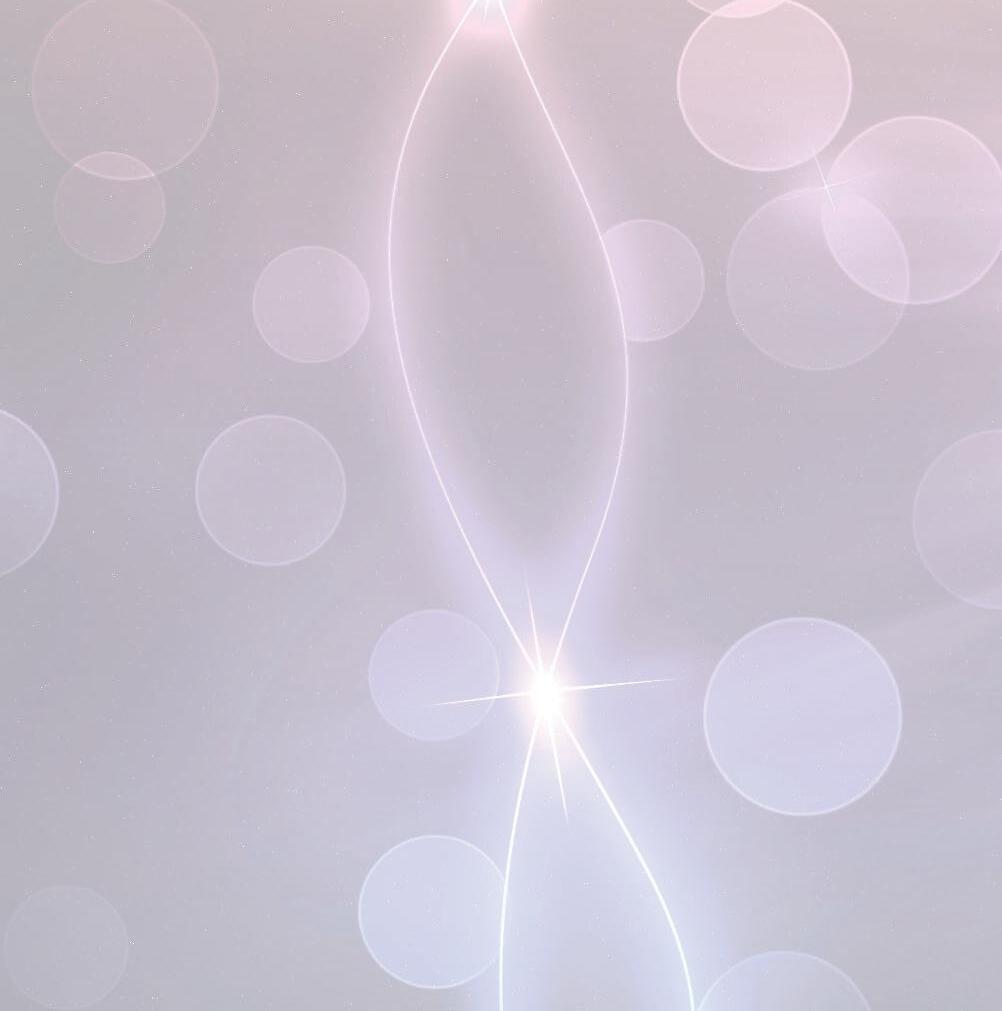
Real financial freedom comes from financial wellness!! Mental and organiza�onal fitness inevitably leads to real financial freedom.
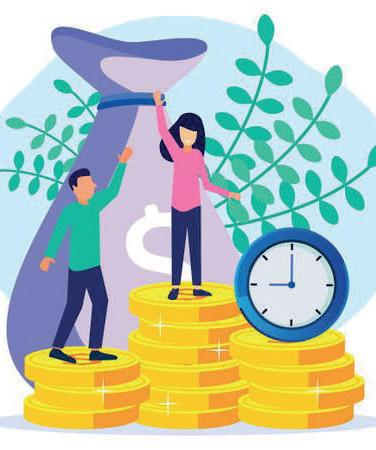




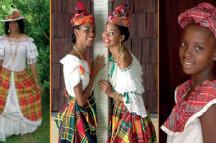





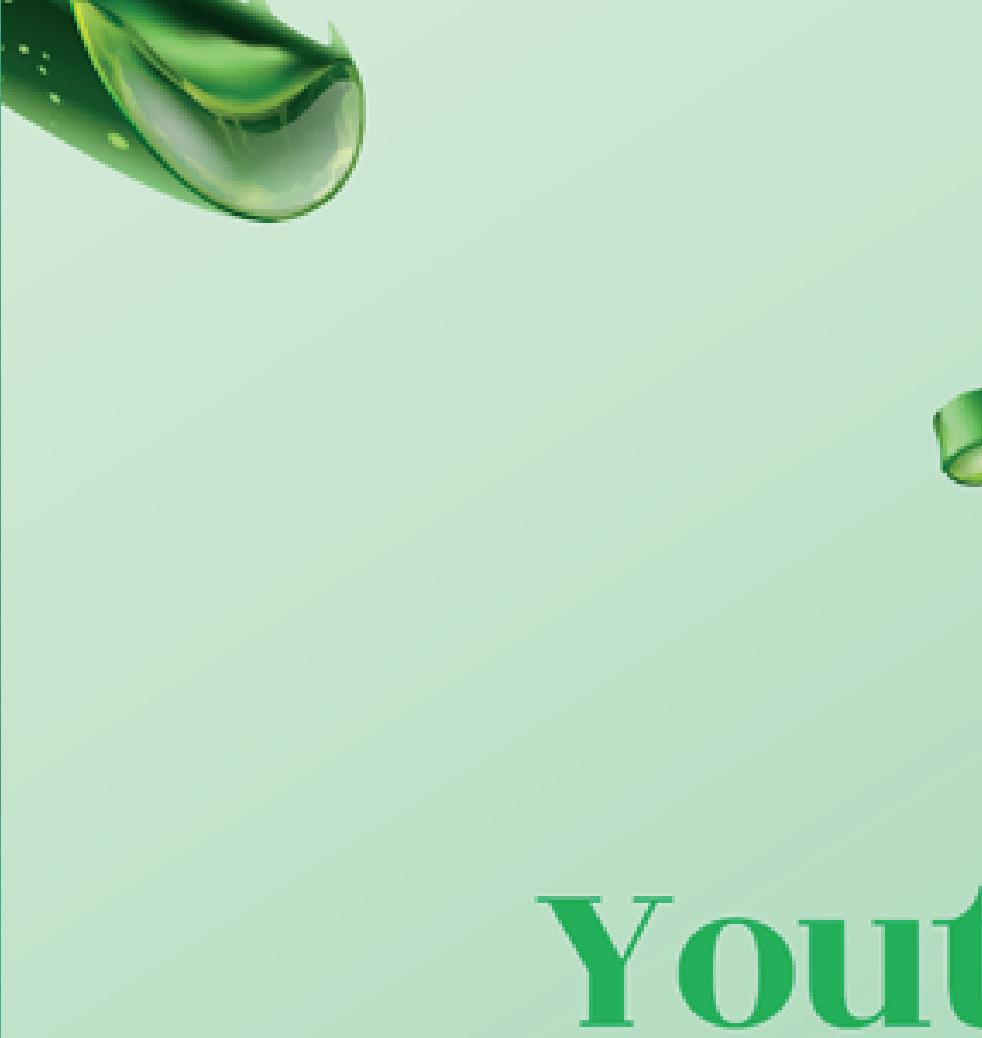


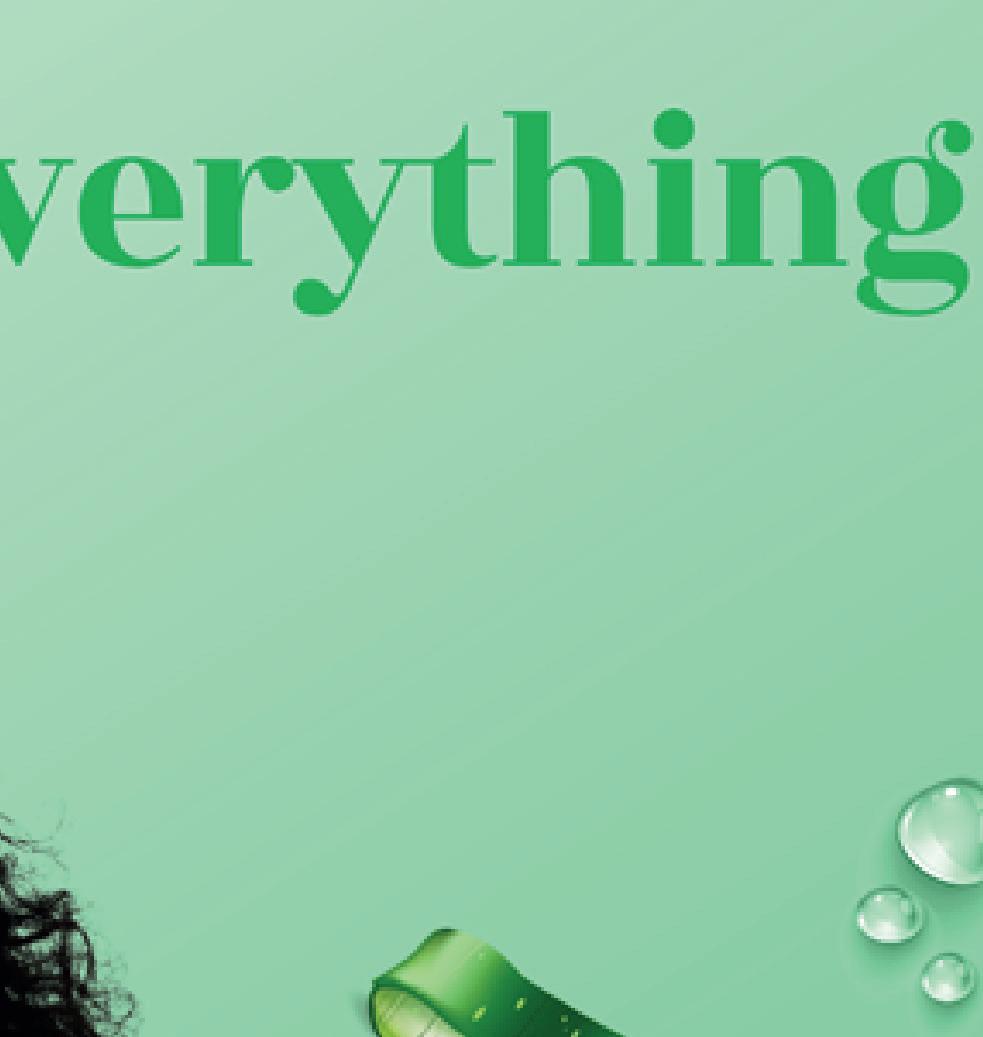
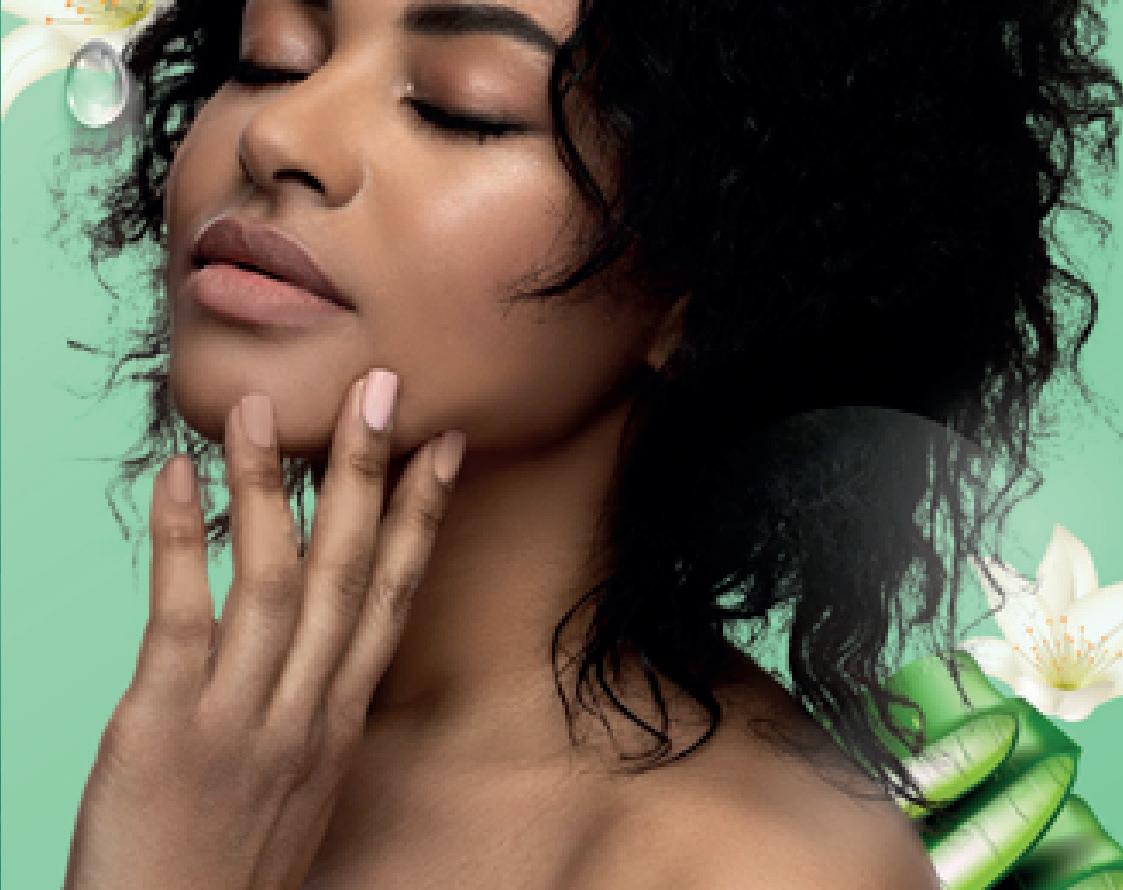

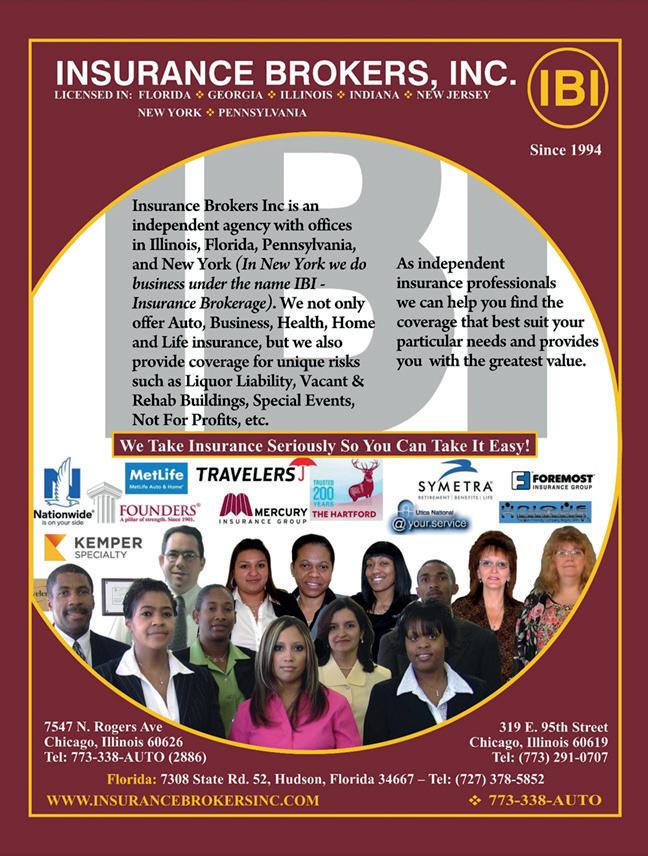 Jamaican Diaspora
Jamaican Diaspora

